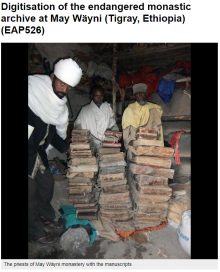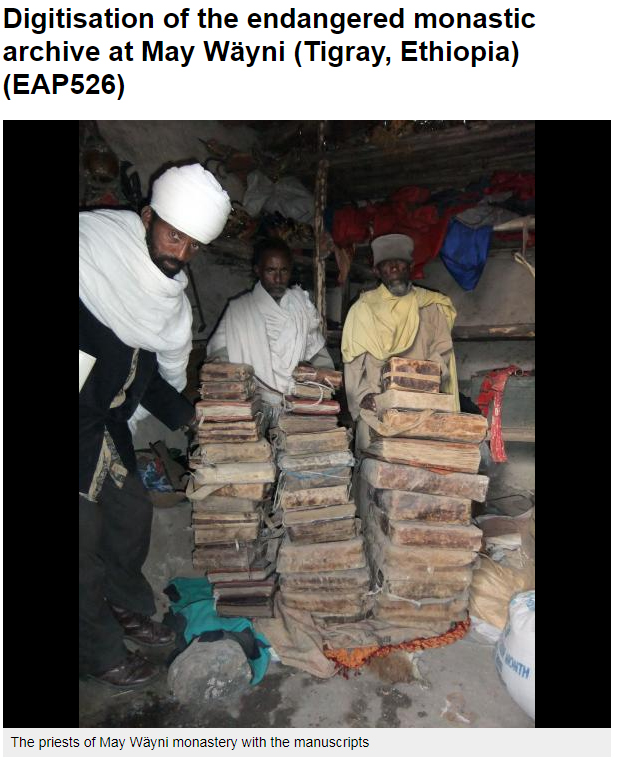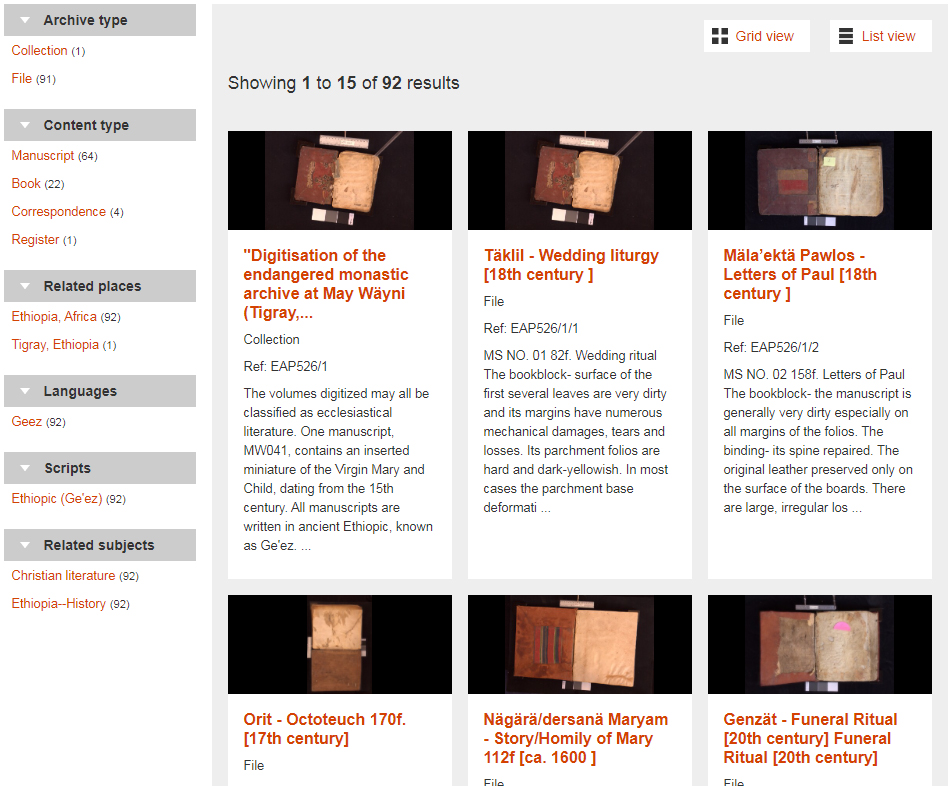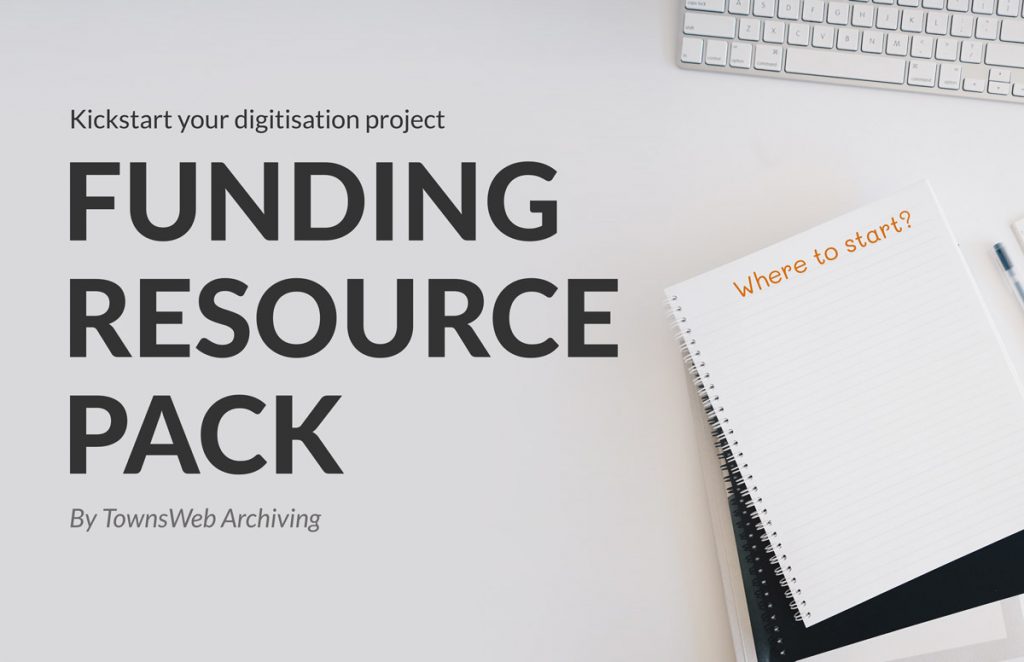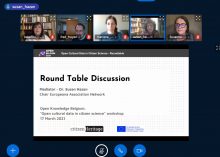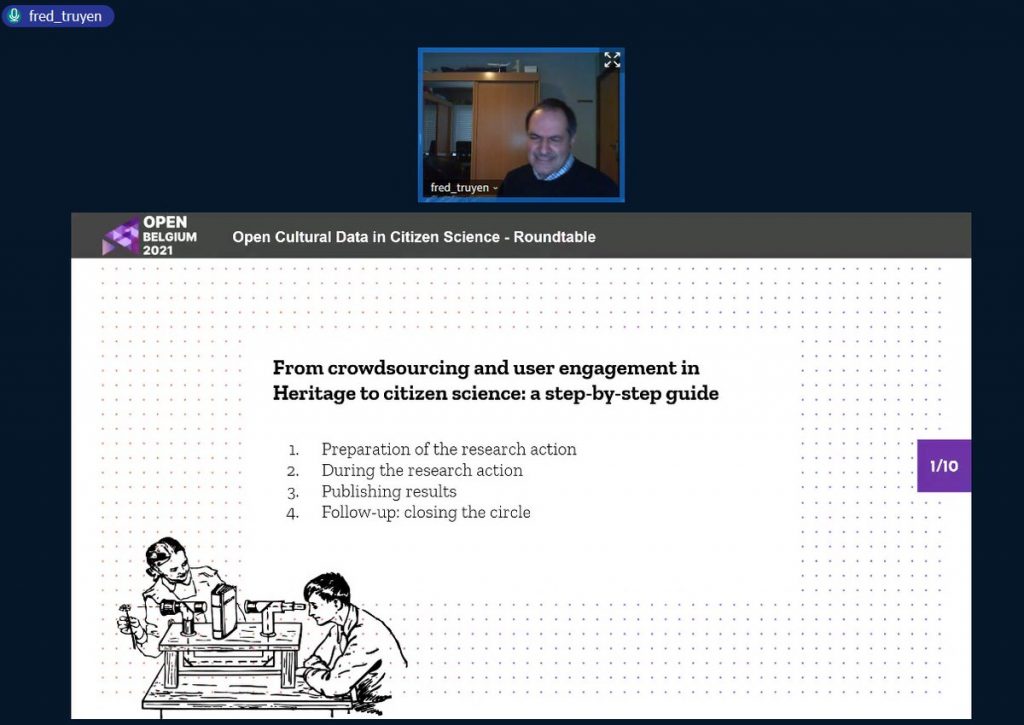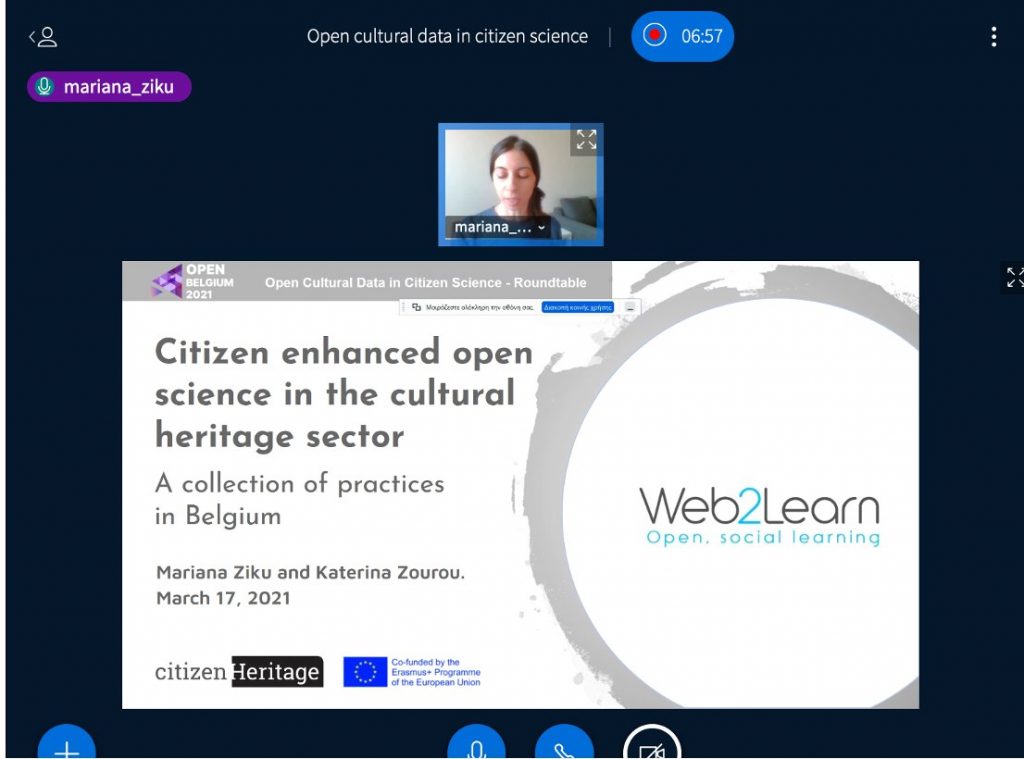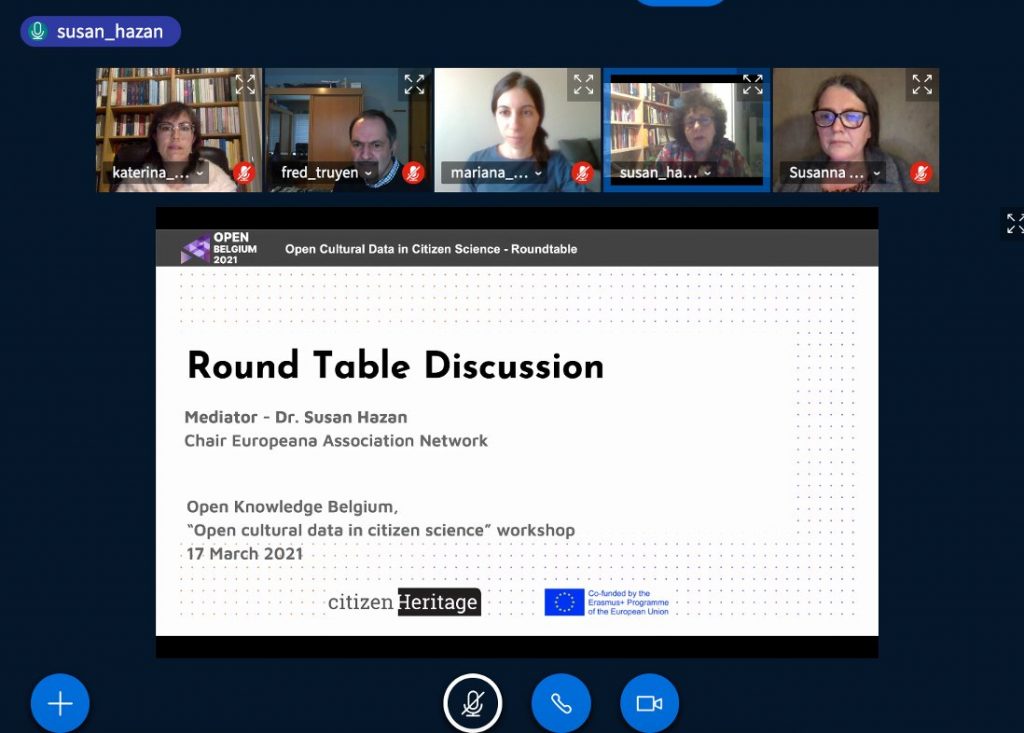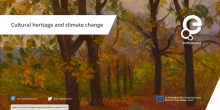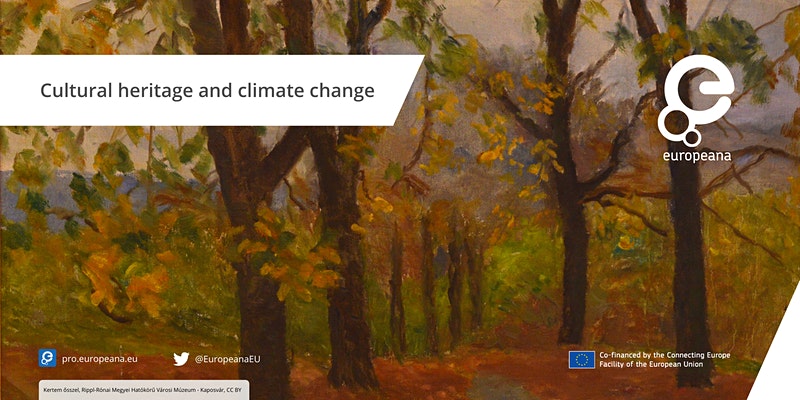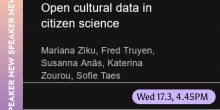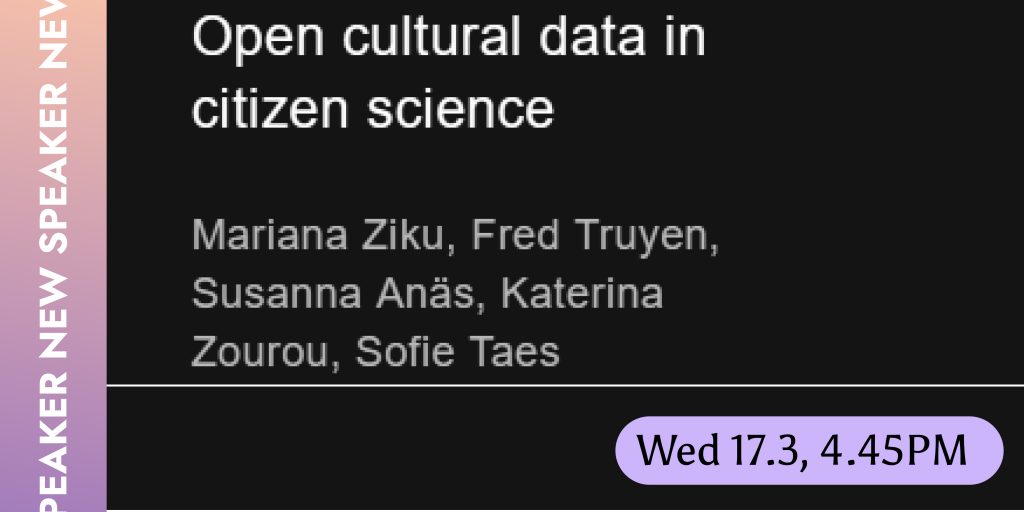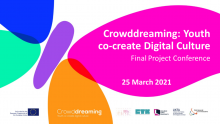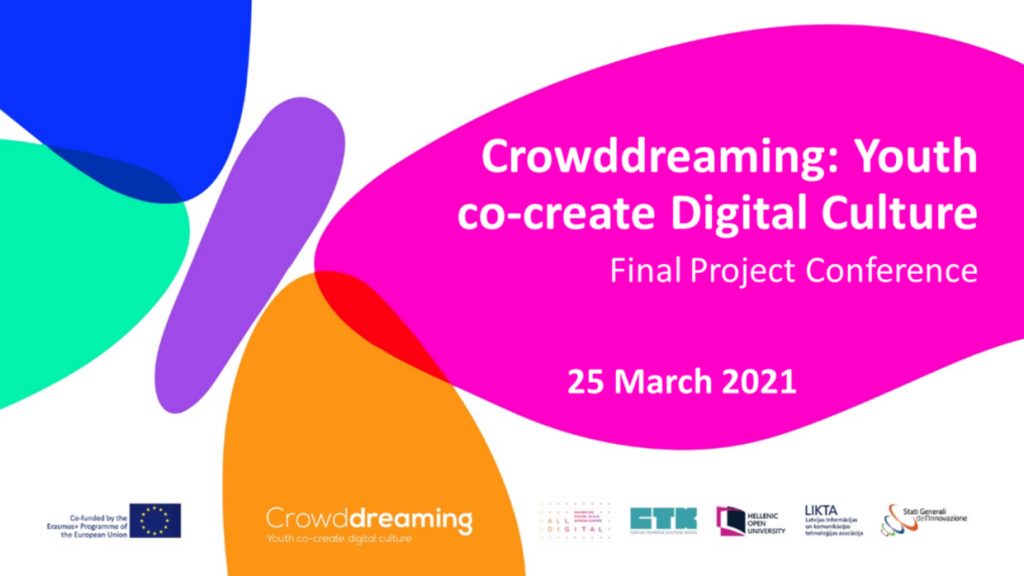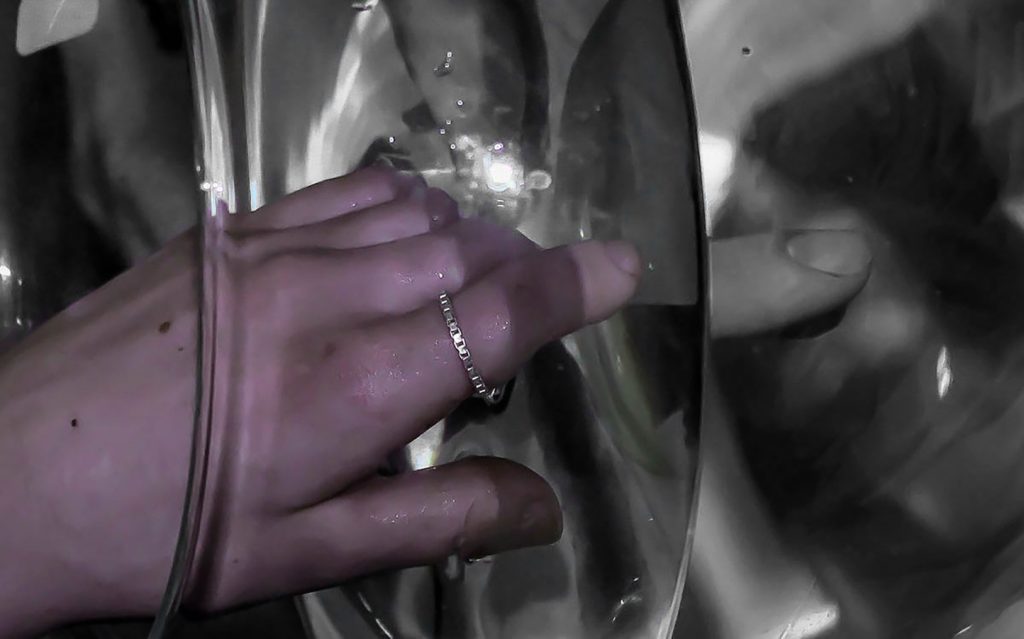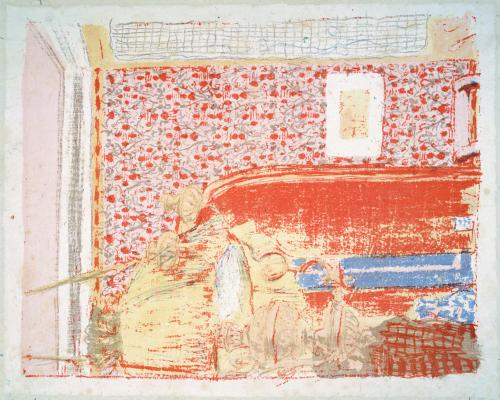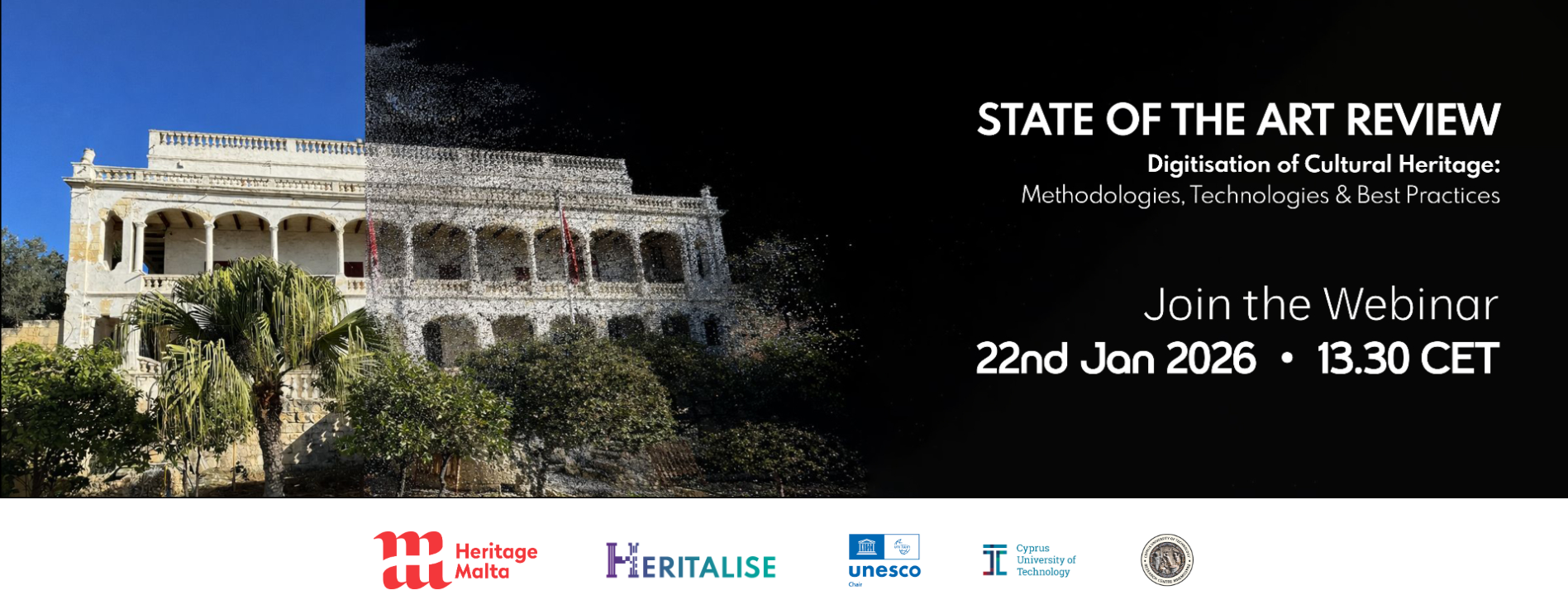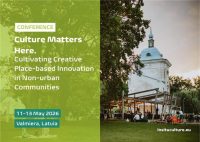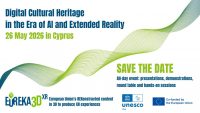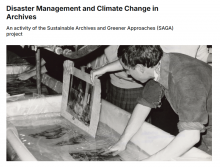Text by Caterina Sbrana.
Biodiversity Heritage Library (BHL) is an open access digital library for biodiversity literature and archives dedicated to life on Earth.
The curators of the library claim that it is the “world’s largest open access digital library for biodiversity literature and archives”. And with an access to over 240,000 free nature images and more than 58 million pages, we can believe it.
Since its launch in 2006, BHL supported studies and research carried out around the world. The Biodiversity Heritage Library’s goal is to continue in transforming research on a global scale and ensure that everyone, everywhere has the information and tools they need to study, explore and conserve life on Earth, responding in these objectives to a request from scientists who have long considered this lack of access to biodiversity literature as a major impediment to the efficiency of scientific research.
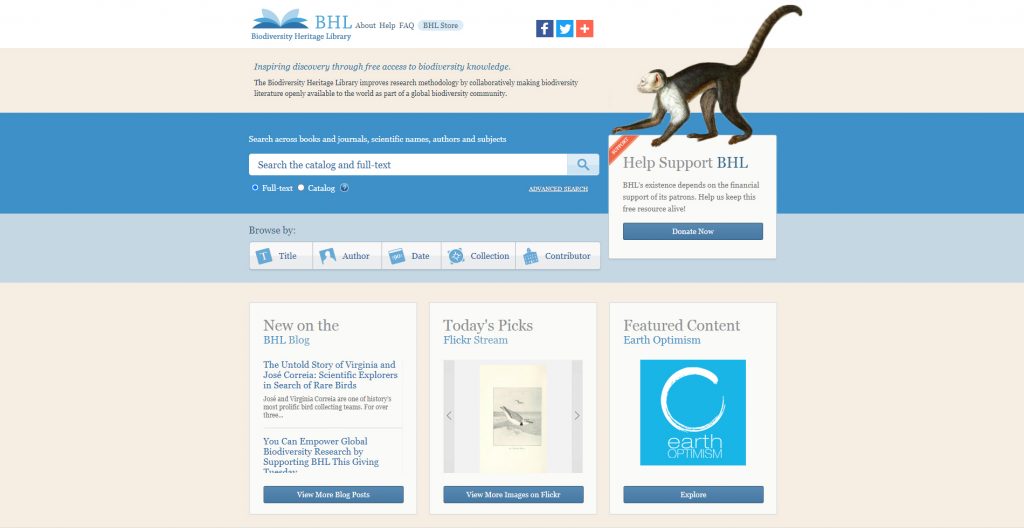
Screenshot of the home page of the Biodiversity Heritage Library; https://www.biodiversitylibrary.org
BHL collects animal sketches, historical diagrams, botanical studies, and various scientific research collected from hundreds of thousands of journals and libraries around the globe. These documents are essential to understand the complexities of swiftly-changing ecosystems in the midst of a major extinction crisis and widespread climate change.
A way to enjoy this extraordinary archive is to enter the home page of the Library and from here directly into the BHL channel on Flickr, from which you can access, as I said above, over 240,000 free nature images from its collection, concerning plants, flowers, insects, birds of prey, fish, reptiles, shells, mushrooms etc. As specified in the Library’s project description (https://about.biodiversitylibrary.org/), through Flickr, BHL provides access to free nature images, enabling greater discovery and expanding its audience to the worlds of art and design. BHL also supports a variety of volunteer projects that encourage the public to help enhance collection data.
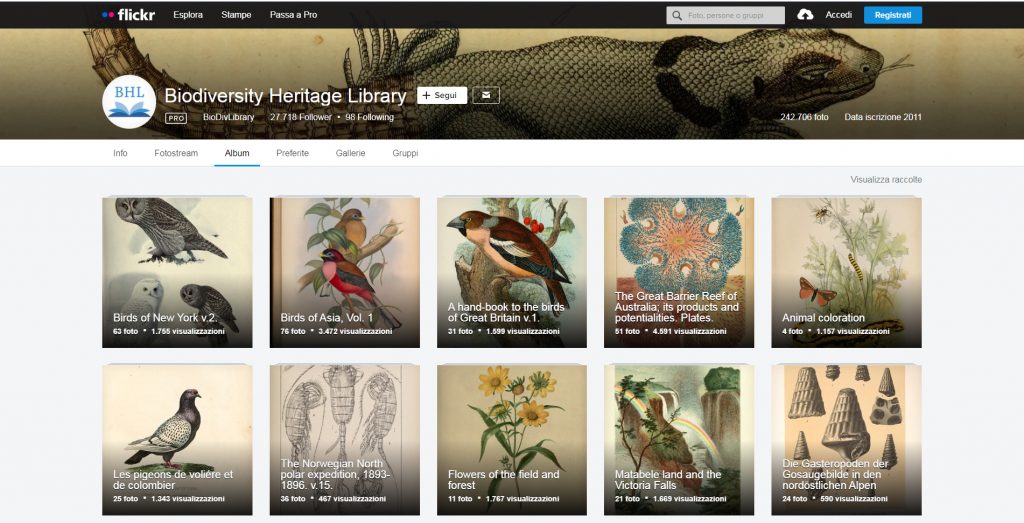
Some of the albums you can access from the Flickr platform; https://www.flickr.com/photos/biodivlibrary/albums/page48
The BHL portal provides free access to hundreds of thousands of volumes, comprising over 58 million pages, from the 15th-21st centuries. 150,000 illustrations are available in the BHL collection for free download and in high-resolution files.
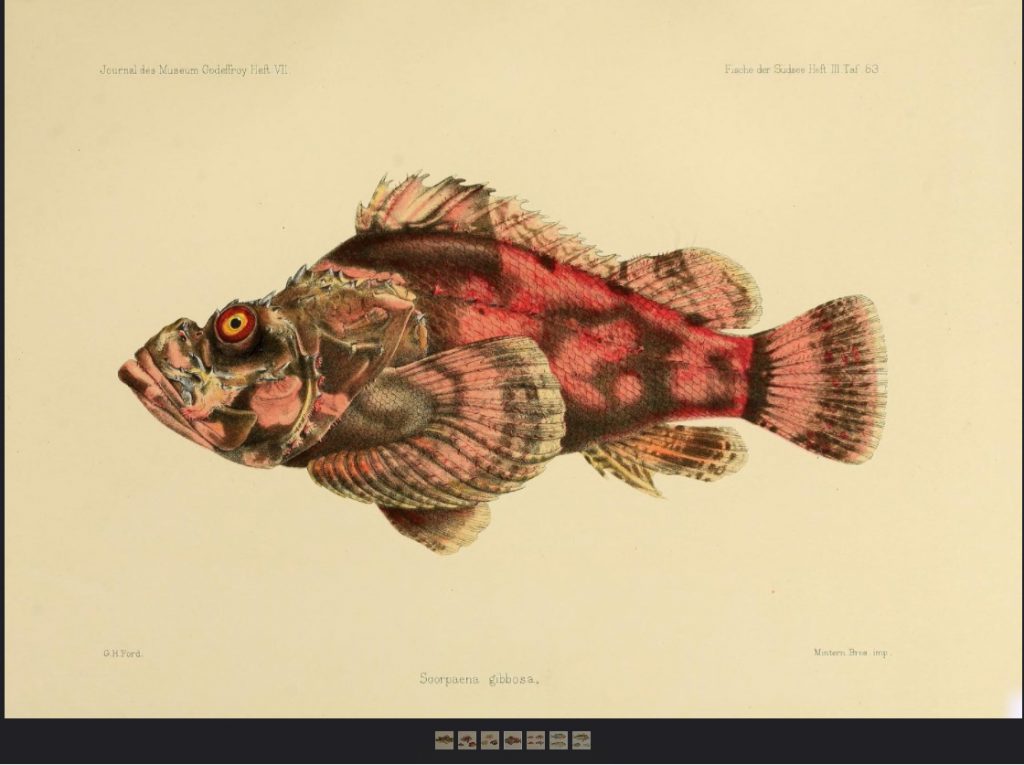
This photo of Scorpaena Gibbosa is in the Journal des Museum Godeffroy. Hamburg; Bd. 2:Heft. 3,5,7,9 (1873-1875); https://www.flickr.com/photos/biodivlibrary/50667074123/in/album-72157717114877288/
BHL operates as a worldwide consortium of universities, museums, national libraries, botanical gardens, clubs and societies. The aim of the consortium is to work together to digitize the natural history literature held in their collections and at the same time make this cultural heritage freely available for open access.
As described on the website, “The BHL consortium works with the international taxonomic community, publishers, bioinformaticians, and information technology professionals to develop tools and services to facilitate greater access, interoperability, and reuse of content and data. BHL provides a range of services, data exports, and APIs to allow users to download content, harvest source data files, and reuse materials for research purposes. Through taxonomic intelligence tools developed by Global Names Architecture, BHL indexes the taxonomic names throughout the collection, allowing researchers to locate publications about specific taxa”.
Many social media are used by BHL to reach worldwide audiences and allow people to explore thousands of images: Twitter, Facebook, Instagram, Pinterest and, as I said, Flickr.
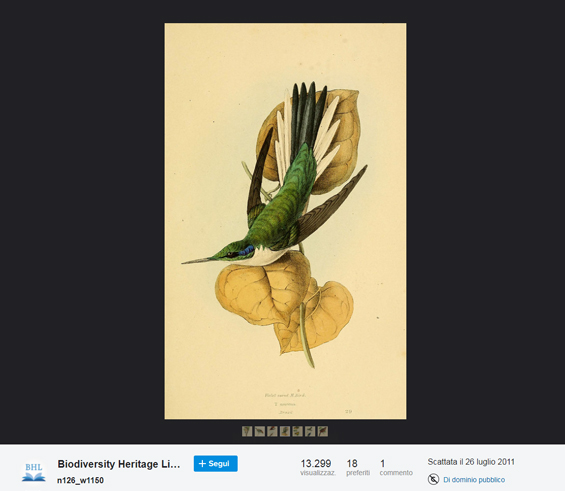
This painting is in the collection “A selection of the birds of Brazil and Mexico”, London: H.G. Bohn, 1841; https://www.flickr.com/photos/biodivlibrary/5977780242/in/album-72157627284762054
Beyond the extraordinary collections, what has struck me was the reason why the Library was created, which can be read read in depth on its history page (https://about.biodiversitylibrary.org/about/history-of-bhl/): “The Biodiversity Heritage Library was created to address a major obstacle to scientific research: lack of access to natural history literature. This literature underpins the work of researchers around the world by providing species data and descriptions, ecosystem profiles, distribution maps, inter-dependency observations, geological and climatic records, and more. At a 2003 meeting funded by The Andrew W. Mellon Foundation, scientists stated that providing free, online access to this literature would greatly improve the efficiency of research worldwide.”
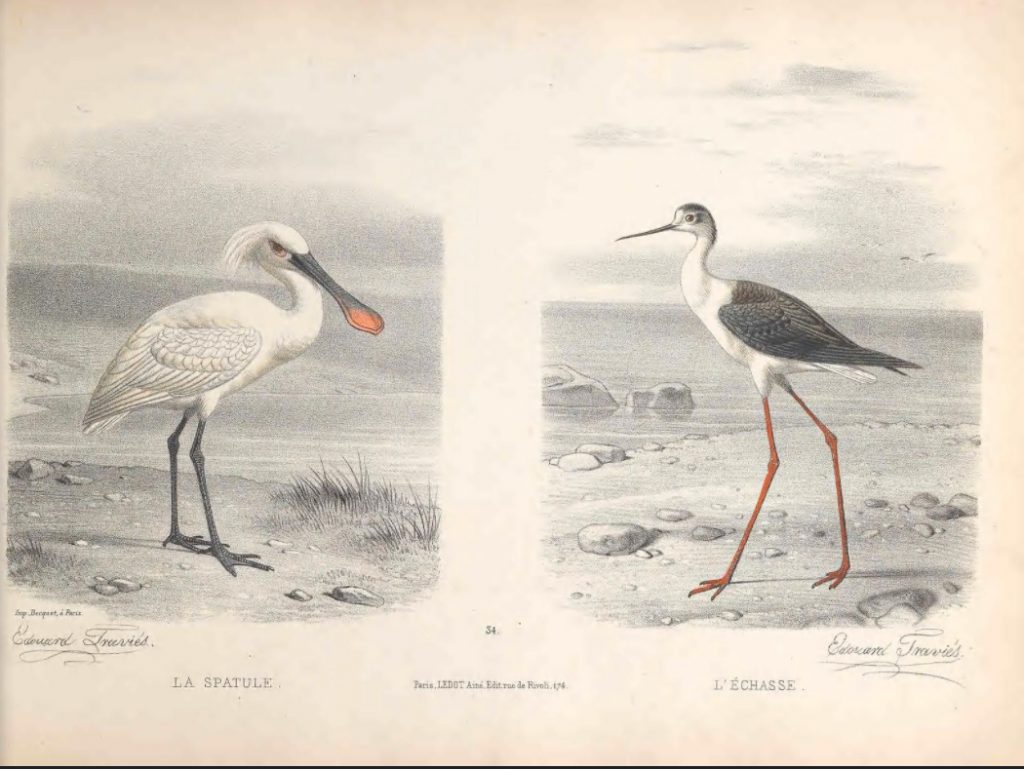
These drawings are in the album Types du règne animal. Buffon en estampes; https://www.flickr.com/photos/biodivlibrary/50353484827/in/album-72157716009448326/
I agree with the idea of scientists to provide free, online access, believing that scientific information should not be prerogative of researchers or even published only in academic journals but should be freely accessible and free of charge. It is thanks to a new idea of scientific communication that many paper-based documents contained in historical archives, to which few people had access, have been digitized and made accessible online. The communication of science is experiencing now a kind of revolution.
https://www.biodiversitylibrary.org/
https://about.biodiversitylibrary.org/about/history-of-bhl/
https://www.flickr.com/photos/biodivlibrary/albums/page48


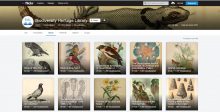

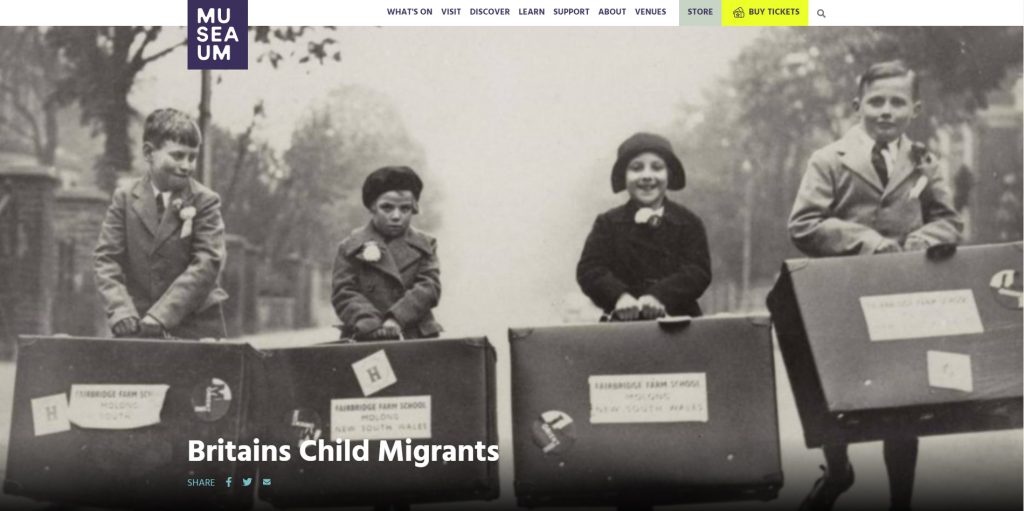

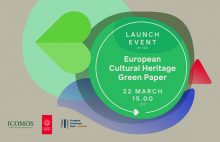
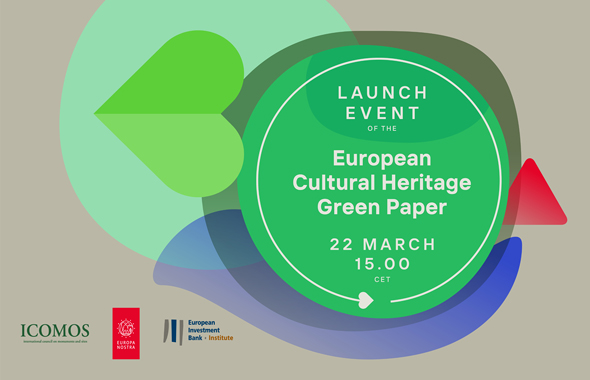 The upcoming webinar is devoted to present the green book on European Cultural Heritage. The Paper highlights the key rule of cultural heritage for achieving the ambitious goals targeted by the
The upcoming webinar is devoted to present the green book on European Cultural Heritage. The Paper highlights the key rule of cultural heritage for achieving the ambitious goals targeted by the 